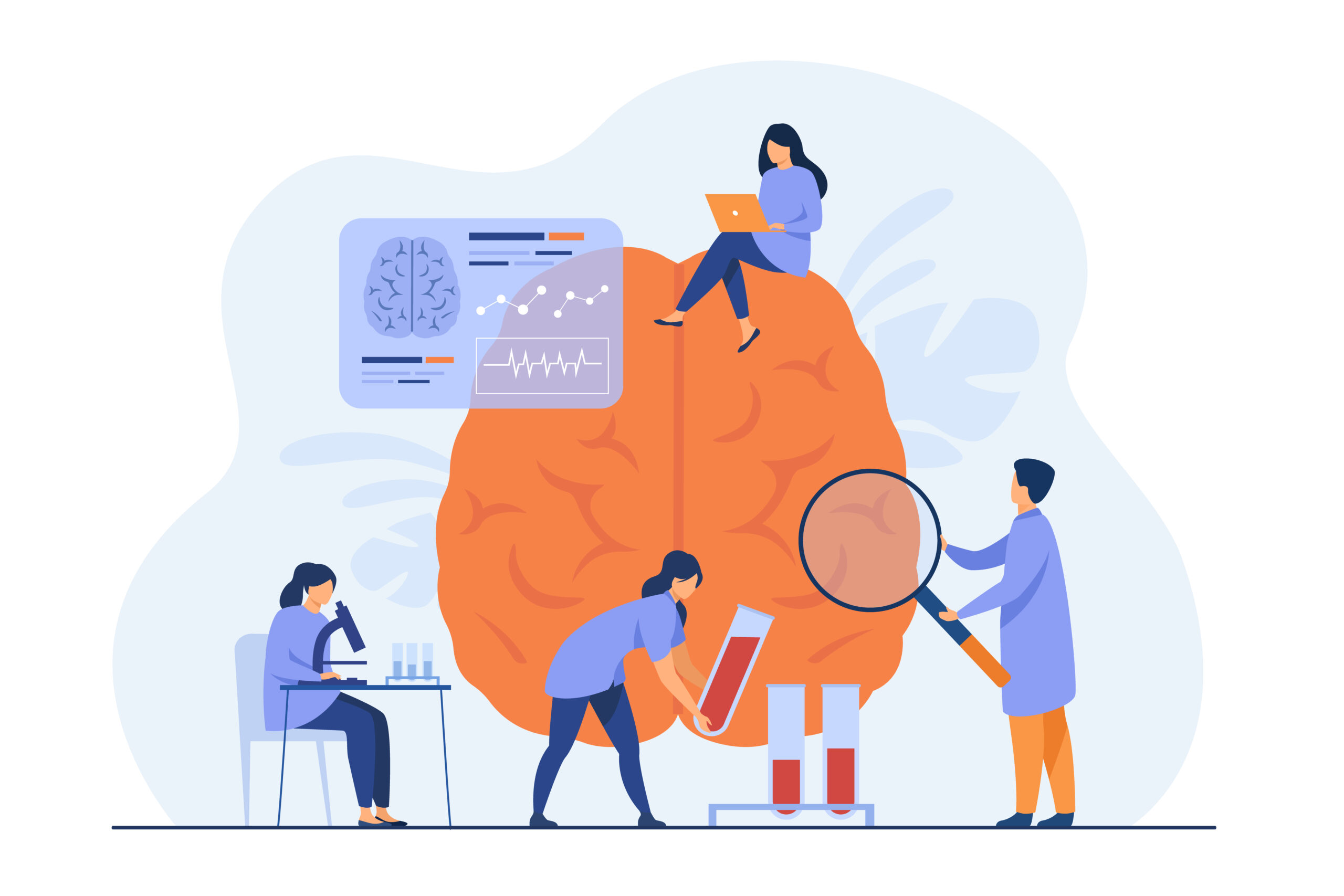Alzheimer's Disease Research Study
Researchers at the Albert Einstein College of Medicine are conducting a study to evaluate neurostimulation as a treatment for Alzheimer’s disease.

Fast Facts

Diagnosed With Alzheimer's Disease

60+ Years Old

Compensation Provided

Conducted in Bronx, NY
Study Background
Can neurostimulation with tDCS improve symptoms of Alzheimer’s disease?
The prevalence of Alzheimer’s Disease (AD) is rising, but existing medications provide only modest control of its symptoms, and new treatments are urgently needed.
In this research study, we will examine whether an innovative, low-risk, remotely-supervised treatment called transcranial Direct Current Stimulation (tDCS) can improve thinking and memory in people with AD. tDCS is a non-invasive technique that stimulates the brain with a weak electrical current, using electrodes on the head. The treatment will be delivered for 30 minutes at a time, 5 times per week, for 6 months at study participants’ homes.
If effective, this intervention could significantly enhance AD symptom management at home, improve the quality of life of AD patients and their families, and reduce the burden associated with this debilitating illness. Find out if you or someone you’re caring for could be eligible for our study.

Study Background
Can neurostimulation with tDCS improve symptoms of Alzheimer’s disease?

The prevalence of Alzheimer’s Disease (AD) is rising, but existing medications provide only modest control of its symptoms, and new treatments are urgently needed.
In this research study, we will examine whether an innovative, low-risk, remotely-supervised treatment called transcranial Direct Current Stimulation (tDCS) can improve thinking and memory in people with AD. tDCS is a non-invasive technique that stimulates the brain with a weak electrical current, using electrodes on the head. The treatment will be delivered for 30 minutes at a time, 5 times per week, for 6 months at study participants’ homes.
If effective, this intervention could significantly enhance AD symptom management at home, improve the quality of life of AD patients and their families, and reduce the burden associated with this debilitating illness. Find out if you or someone you’re caring for could be eligible for our study.

Additional Information
This trial will determine if an innovative, low-risk, remotely-supervised transcranial Direct Current Stimulation (tDCS), applied to the brain for 30 minutes five times per week for six months at home, can improve cognitive performance and symptoms in individuals with mild to moderate Alzheimer’s disease.
You (or someone you are caring for) may qualify for a study if you meet the following criteria.
Inclusion Criteria:
- 60 years or older
- Diagnosed with mild to moderate Alzheimer’s disease
- Able to speak and understand English or Spanish sufficiently
- Able to undergo an MRI (no metal in the body, no claustrophobia)
The entire study lasts about 9 months. At the beginning, participants will come to Albert Einstein College of Medicine to complete testing, including memory tests, questionnaires, and MRI exams. Over the following 9 months, participants will return to the college for 5 in-person study visits. For 6 months of that time, participants will be treated in the comfort of their homes, receiving supervised stimulations with tDCS for 30 minutes per day, 5 days per week.
Transportation to and from the college is provided and participants will receive compensation for participating in the study.
As a participant, you can receive up to $460 for your time and effort.
There is no cost for you to participate in our research study. Transportation can be provided for the in-person visits.
